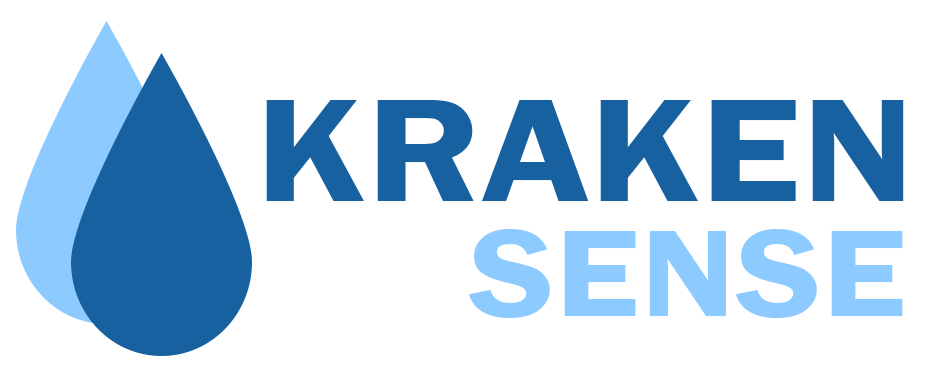World Day of Social Justice
The World Day of Social Justice, observed annually on February 20th, serves as a powerful reminder of the global commitment to fostering equality, justice, and fairness for all. Established by the United Nations in 2007, this day encourages individuals, communities, and nations to reflect on the importance of social justice in creating a world where every person can live with dignity and respect. One vital element is water quality, which directly impacts the well-being of communities worldwide.
Understanding Social Justice
Social justice advocates for the fair and impartial distribution of resources, opportunities, and privileges within society. It seeks to eliminate discrimination, marginalization, and inequality, ensuring that everyone has equal access to basic human rights, education, employment, and healthcare. Access to clean and safe water is undeniably a basic human right, yet millions around the globe still lack this essential resource.
Water Quality and Social Disparities
The disparity in access to clean water often falls along socio-economic lines. Marginalized communities, including those in developing nations or impoverished urban areas, face significant challenges in securing safe drinking water. Lack of access to clean water perpetuates cycles of poverty, exacerbates health issues, and limits educational opportunities.
One of the most immediate and profound impacts of inadequate water quality is on health. Contaminated water sources can lead to the spread of waterborne diseases, affecting the well-being of individuals and communities. Waterborne diseases, which thrive in polluted water, include a range of infections such as cholera, dysentery, typhoid, and various gastrointestinal disorders. These illnesses exact a heavy toll on affected populations, leading to increased morbidity and mortality rates.
Marginalized communities, often residing in regions with inadequate sanitation infrastructure and limited access to clean water, bear the brunt of these waterborne diseases. The lack of proper water treatment facilities and sanitation services exposes individuals to contaminated water sources, making them more susceptible to infections, with children, the elderly, and those with compromised immune systems facing heightened risks.
Moreover, the impact of water-related illnesses goes beyond physical health. Families grappling with recurring bouts of sickness face economic challenges due to healthcare expenses and lost productivity. A lack of clean water can also hinder educational opportunities, particularly for girls who often bear the responsibility of fetching water for their families in regions where water sources are scarce. The time spent on this daily task robs them of valuable educational opportunities, perpetuating gender disparities and limiting the potential for social mobility.
Environmental Justice
Water quality issues are not solely confined to access; they also extend to environmental justice concerns. Polluted water sources disproportionately affect vulnerable populations, leading to a range of health problems. Industrial activities can contribute to water contamination, as effluent discharge from factories, chemical runoff, and untreated waste can find their way into water sources and compromise water quality. In many instances, these activities are concentrated in or near marginalized communities, exacerbating the impact on those who are already socio-economically vulnerable.
Improper waste disposal practices further contribute to water contamination. Inadequate waste management systems allow pollutants to leach into water sources, affecting both surface and groundwater quality. Again, these issues tend to be more prevalent in areas where resources for proper waste disposal are lacking, disproportionately burdening communities with limited means.
The consequences of water contamination on public health are severe and multifaceted. Exposure to pollutants can lead to a range of health problems, including respiratory issues, skin disorders, and long-term chronic diseases. With the burden of these health issues falling disproportionately on communities already facing socio-economic challenges, environmental injustice perpetuates a cycle of illness and economic setbacks.
Global Solidarity
Achieving social justice requires global solidarity and cooperation. On this day, individuals and organizations worldwide come together to share their experiences, ideas, and best practices in addressing social injustices. By fostering a sense of interconnectedness, the world can move towards a more equitable future for all.
Conclusion
The World Day of Social Justice serves as a crucial reminder of our collective responsibility to create a world where every individual can live free from discrimination and inequality. By embracing the principles of social justice, we pave the way for a more inclusive and compassionate global community.
Bridging the gap in water quality is, therefore, a crucial step towards dismantling social inequalities. This involves not only ensuring access to clean water but also addressing the underlying socio-economic factors that contribute to disparities. Investments in water infrastructure, education, and healthcare are essential components of a comprehensive approach to breaking the cycle of poverty and fostering a more equitable society.
About Kraken Sense
Kraken Sense develops all-in-one pathogen detection solutions to accelerate time to results by replacing lab testing with a single field-deployable device. Our proprietary device, the KRAKEN, has the ability to detect bacteria and viruses down to 1 copy/mL. It has already been applied for epidemiology detection in wastewater and microbial contamination testing in food processing, among many other applications. Our team of highly-skilled Microbiologists and Engineers tailor the system to fit individual project needs. To stay updated with our latest articles and product launches, follow us on LinkedIn, Twitter, and Instagram, or sign up for our email newsletter. Discover the potential of continuous, autonomous pathogen testing by speaking to our team.

